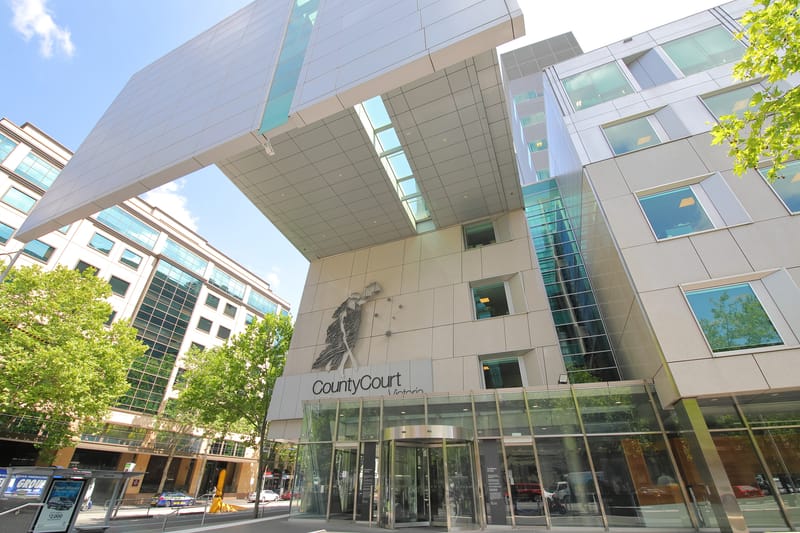Survivors strive to eradicate human trafficking in Nepal
Nepalese survivors of human trafficking are being educated to tackle the country's alarming rate of human rights violation.
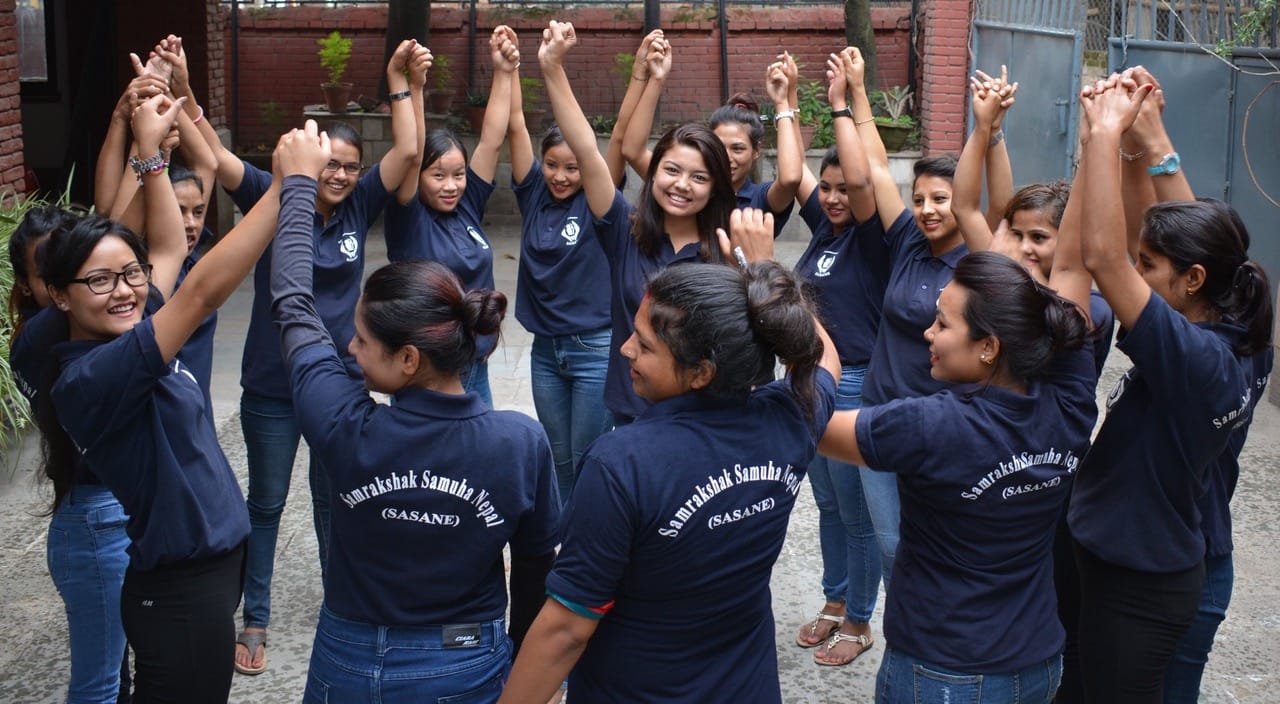
BY JOSEPH LEW
Lakshmi was only 13 years old when she was sold into sexual slavery by her stepfather and smuggled out of Nepal into India to work in a brothel.
There, Lakshmi was beaten, drugged and raped – forced by the proprietor to have sex with customers to earn her freedom.
Although the story of Lakshmi is fiction, confined to the pages of Patricia McCormick’s best-selling 2006 novel Sold, it bears a wider truth.
A truth which Janey Pokharel, president of Samrakshak Samuha Nepal, shares when we first meet, in a small bleached building in the heart of Kathmandu.
Samrakshak Samuha Nepal – also known as Sasane, is the country’s only survivor-run organisation for women who are victims of human trafficking.
“One girl’s story is every girl’s story,” Ms Pokharel projects this message onto the wall, several minutes after she greets me.
“Every girl you meet here is a success story. They have endured the unthinkable and continue to strive forward, and do not care to look back,” she said.
The organisation popularly known as Sasane, which loosely translates to “let’s protect ourselves,” was founded in 2008 by a group of survivors.
Over the past decade, Sasane has operated in Kathmandu, Pokhara, and 10 rural mountainside villages.
“[The founders] believed that every human trafficking survivor can reach her individual dreams and potential,” Ms Pokharel said.
“They wanted to protect, educate and empower women,” she said.
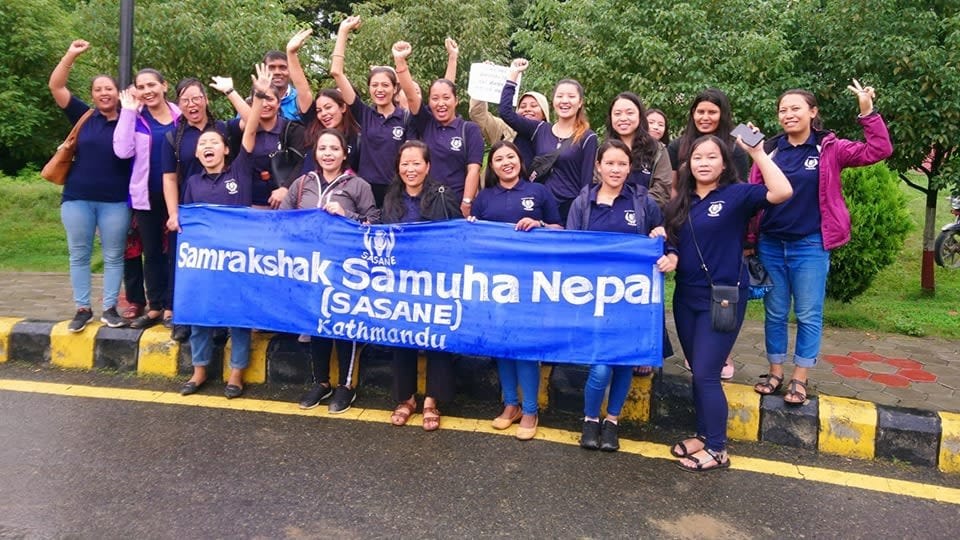
The organisation’s main objectives revolve around eradicating human trafficking and re-integrating human trafficking survivors into society.
They also want to increase women’s access to justice and achieve systematic change within the legal system.
A sister at the organisation Aastha* explained why they referred to themselves, and to each other, as sisters.
“For many of the girls, they are scared of going home… Sasane has been their second home and second family,” she said.
According to an article in a local news organisation, the National Human Rights Commission (NHRC) of Nepal, estimates 1.5 million people or 5.35 per cent of its approximately 28 million population are highly vulnerable to human trafficking.
Among the 1.5 million vulnerable people, 1.2 million are teenage girls from rural areas aged between 13 and 19, according to the report.
A further 200,000 of those counted as vulnerable are getting ready to leave for dubious foreign employment, with around half of them likely to be used as child labourers.
The article also stated figures from a NHRN report estimating that from 1.5 million vulnerable people, 35,000 are “sold” every year for human trafficking to engage in difficult and dangerous foreign work, adult entertainment and child labour activities.
In addition to poverty, which is a key factor in the target group becoming vulnerable to traffickers, Ms Pokharel said a lack of education is another major determinant.
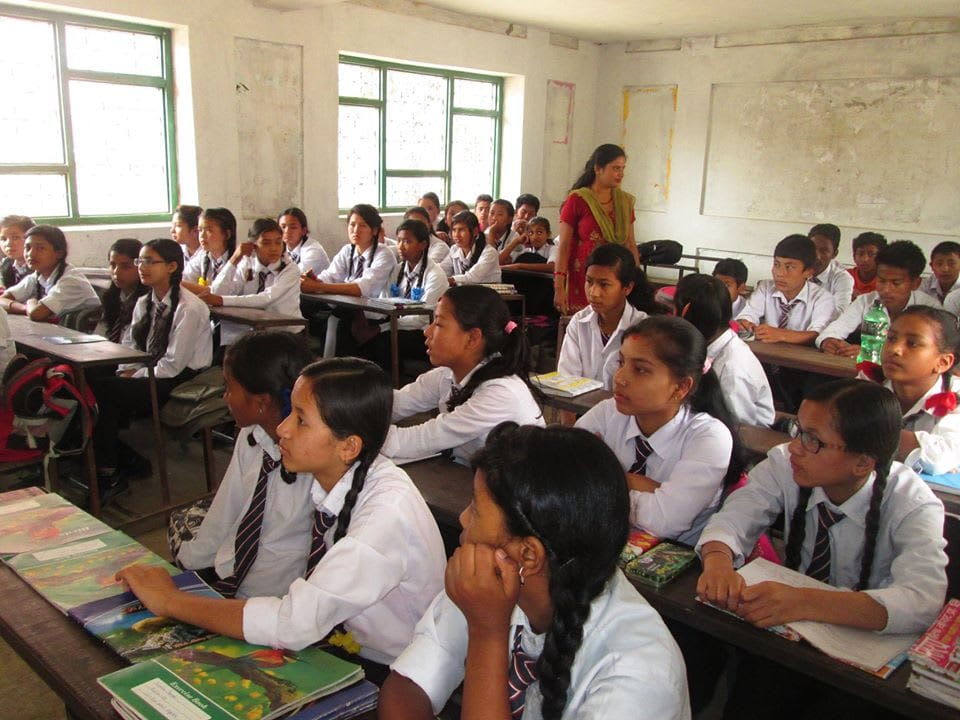
“Most of the survivors come from really remote villages… so they still have a traditional thought that girls should not be given an education,” Ms Pokharel said.
“The majority of girls do not even know that trafficking is against the law.”
This sentiment reflects the structural gender inequality thriving in Nepalese society.
The country’s patriarchal social system allows for women to be overlooked in the education sector and in the workforce, favouring their male counterparts.
Sasane runs four main programs aimed at providing survivors with vocational training coupled with education, public advocacy, sustainable reintegration opportunities and access to legal services regardless of education level.
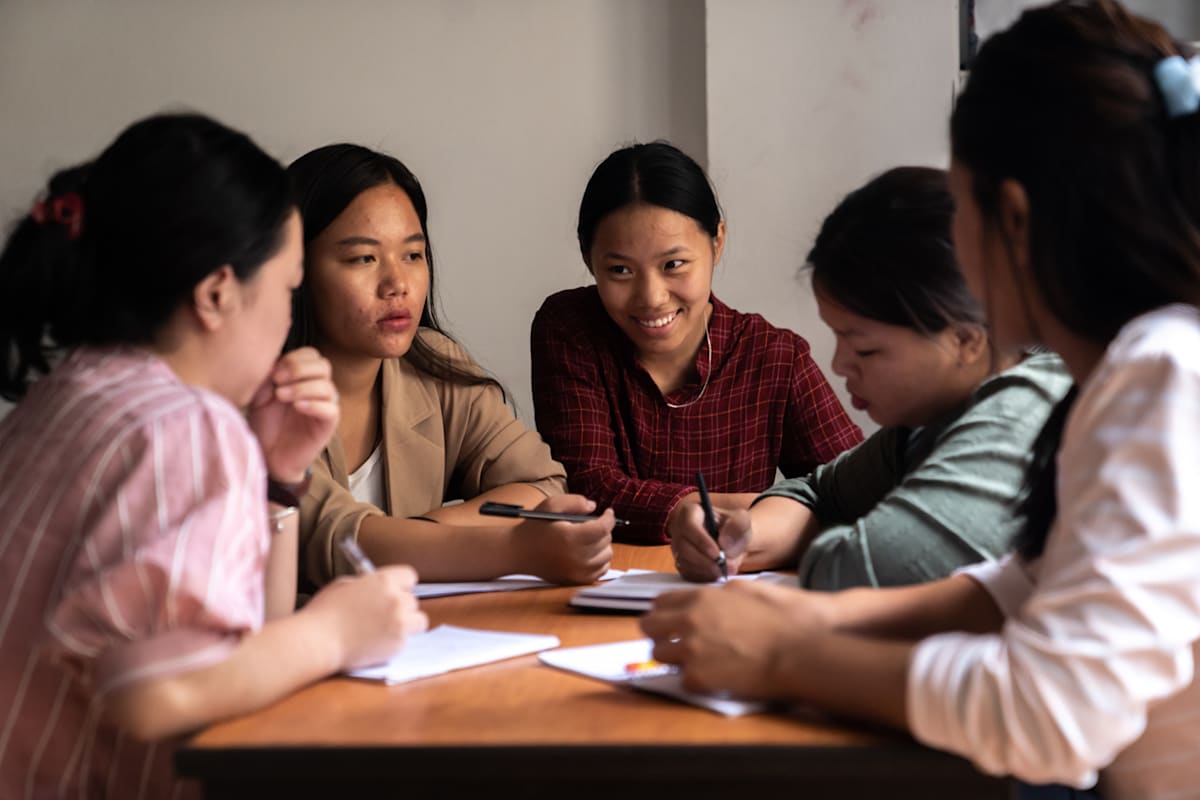
One of these is the paralegal program, which focuses on providing survivors with a presence in the public sector and trains survivors to become certified paralegals.
Additionally, the organisation provides these women the opportunity to intern at police stations, allowing them to directly help women who are reporting instances of trafficking or abuse.
“We thought of training our sisters by giving them legal knowledge about women’s rights, policies and regulations against trafficking – how they can report some of the incidents they might have witnessed, and how they can move forward to seek justice,” Ms Pokharel said.
“After getting certified, if they wish to work in a police station they can continue to do so, and if they want to, they are able to work in courts, or get involved with lawyers and other law enforcement agencies.”
As of December 2019, more than 373 women had been trained and certified through Sasane and around 3444 complaints had been filed by their advanced paralegals, resulting in 415 court cases.
When asked about whether they have any issues with police cooperation, Ms Pokharel smiles.
“Police stations now demand that every year they have a paralegal from Sasane,” she said proudly.
Sasane has been able to provide social reintegration to more than 370 survivors of human trafficking.
“[The survivors] have secure and permanent jobs now. They earn money and they live with their families and are in contact with society,” Ms Pokharel said.
“Some of them are still involved with Sasane as administrative and project staff, while others work in police stations, law enforcement agencies, and other non-government organisations,” she added.
Sasane is working hard to rewrite the narratives for survivors of human trafficking in Nepal in the hope that one day stories such as Lakshmi’s remain works of fiction, rather than reality.
* name changed on request


